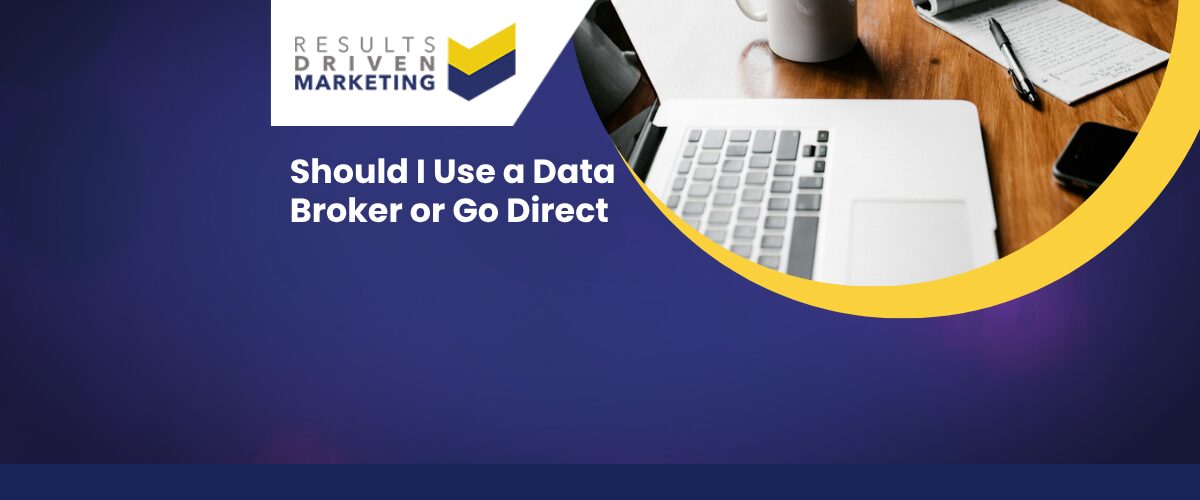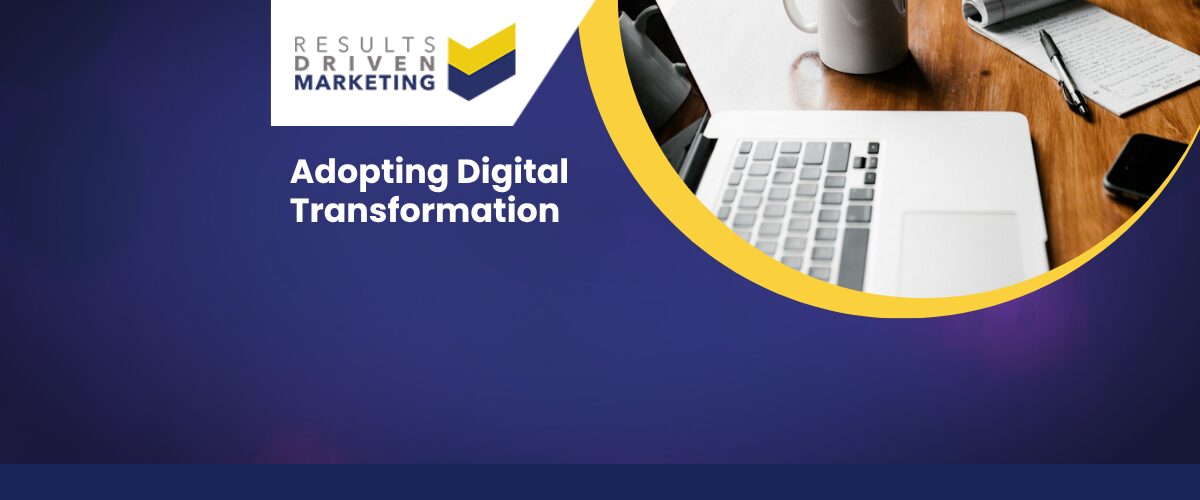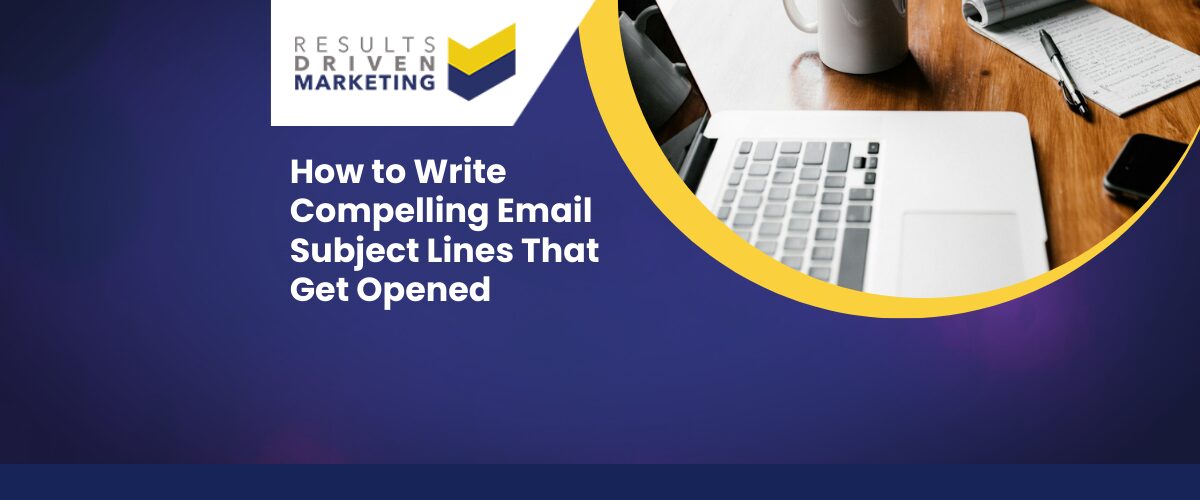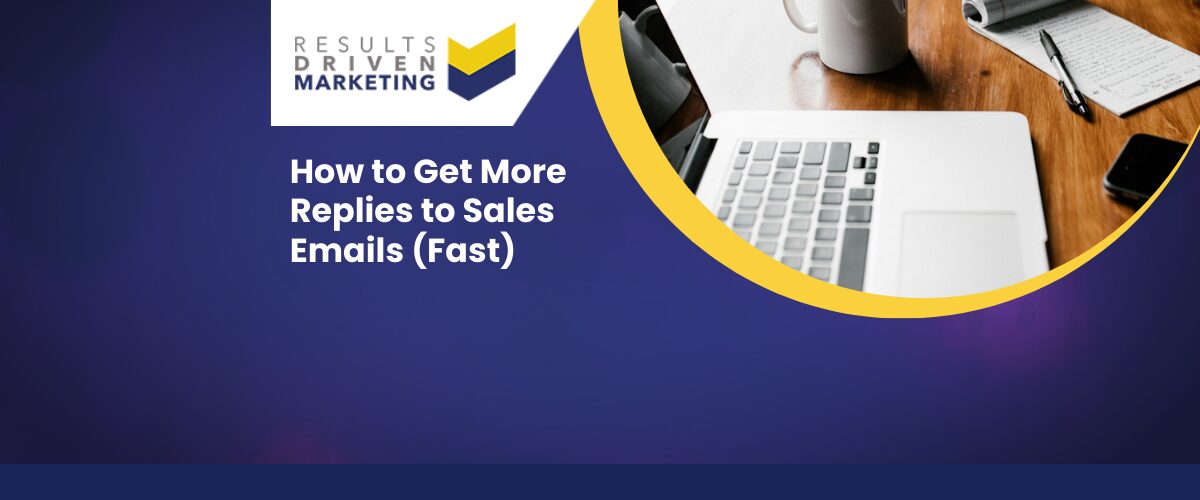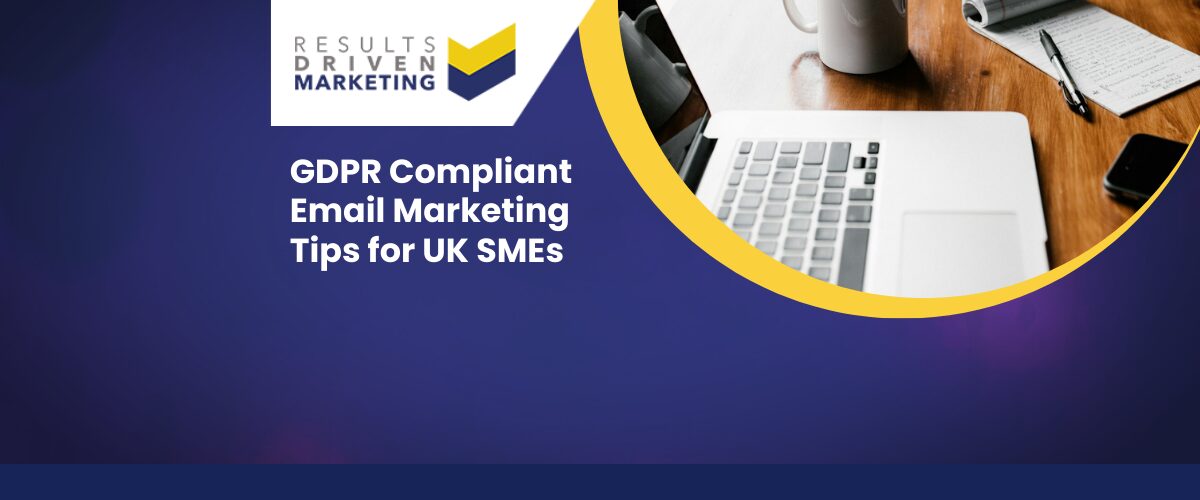Should I use a data broker or go direct to source my B2B marketing list? It’s a common dilemma for UK businesses looking to launch cold outreach campaigns. You want accurate, compliant data—but you also want to avoid overpaying or ending up with poor results.
On one hand, data brokers offer tailored lists, expert filtering, and support. On the other, going direct to a data source might seem like a cheaper shortcut. But what’s the catch? And which route actually delivers better ROI?
In this guide, we’ll unpack the real differences between using a broker and sourcing data direct. You’ll learn the pros, cons, compliance risks, and when each approach makes the most sense—based on your goals, budget, and internal resources.
If you’re tired of wasting time on guesswork, this article will help you move forward with clarity, confidence, and data that actually delivers.
Table of contents:
What’s the Difference Between a Data Broker and Going Direct?
Should I use a data broker or go direct? Before you decide, it’s important to understand what each option really means.
What is a data broker?
A data broker acts as an intermediary between you and the actual data sources. They usually work with multiple reputable suppliers and can compile a list based on your exact criteria—industry, job role, region, company size, etc. They typically add value through filtering, quality control, and campaign-readiness.
What does going direct mean?
Going direct usually refers to sourcing data from a single provider or data owner. This might be a company that collects and maintains its own business database (such as a credit agency, a directory service, or a data publisher).
Key differences:
-
Breadth vs focus: Brokers pull from multiple sources to offer broader coverage. Direct sources are limited to their own datasets.
-
Support: Brokers often provide advice, formatting, and compliance screening. Direct sources may not.
-
Transparency: With the right broker, you get clarity and control. With the wrong one, you may not know where the data is from.
Pros and Cons of Using a Data Broker
Using a data broker can be a game-changer for SMEs that need reliable, ready-to-use B2B data without spending weeks researching suppliers or cleansing records.
✅ Pros of using a data broker:
-
Wider access to data: Brokers aggregate from multiple trusted sources, offering broader coverage and better targeting flexibility.
-
Expert advice: A good broker will help you define your criteria, avoid irrelevant data, and align lists with your outreach goals.
-
Faster turnaround: Need to launch a campaign this week? Brokers are set up to deliver within 24–48 hours.
-
Compliance support: Reputable brokers screen data for GDPR and CTPS compliance, reducing your legal risk.
-
Ongoing help: You get humans to speak to—not just a download link. That makes all the difference when issues arise.
❌ Cons of using a data broker:
-
Potentially higher cost per record: Brokers add value, which means their pricing may be slightly higher than raw, direct-source data.
-
Varied quality across providers: Not all brokers are transparent or careful about where they source from—some just repackage and resell.
-
Overpromising: Some brokers try to win deals with inflated counts or vague guarantees. Ask the right questions.
When you work with the right broker, these downsides are easily avoided—and the upsides are worth every penny.
Pros and Cons of Going Direct to a Data Source
Going direct to a data source can sound appealing—especially if you’re focused on price or like the idea of cutting out the middleman. But it’s not always as simple as it sounds.
✅ Pros of going direct:
-
Lower cost per record: If you’re buying in bulk from a single source, you might get a cheaper price without broker fees.
-
Direct access to the database owner: You can ask questions about how data is gathered or how often it’s updated.
-
More control over sourcing terms: You negotiate directly, which can suit larger organisations with in-house legal or compliance teams.
❌ Cons of going direct:
-
Limited data variety: You’re stuck with what that one source can offer—no cross-referencing or combining datasets.
-
Less support or guidance: Many direct suppliers expect you to know exactly what you want. There’s rarely much help with targeting, formatting, or outreach planning.
-
Higher risk of unsuitable or outdated records: Without a broker’s filtering layer, you’re more likely to receive raw data that still needs cleaning or deduplication.
-
You handle compliance checks: CTPS screening, GDPR risk assessments, formatting—it’s all on you.
Going direct can work well for companies with time, internal expertise, and a specific use case—but it’s rarely the best fit for busy SME teams juggling multiple priorities.
GDPR and Compliance Considerations
Should I use a data broker or go direct? Whichever route you take, GDPR compliance isn’t optional—it’s essential.
Data brokers and compliance
Reputable brokers take care of the heavy lifting. They:
-
Ensure data is sourced and processed lawfully
-
Provide documentation for GDPR compliance
-
Screen phone numbers against the Corporate Telephone Preference Service (CTPS)
-
Offer advice on your legal basis for processing, typically relying on legitimate interest
-
Help with formatting and record-keeping to reduce your compliance risk
Going direct and compliance
Going direct doesn’t mean non-compliance—but it does mean you carry more responsibility. You must:
-
Vet the data source and check how the data was collected
-
Confirm the purpose and lawful basis for processing
-
Manage CTPS screening, deduplication, and formatting
-
Handle data subject rights and privacy documentation
For most SMEs, working with a broker provides a safer, faster route to compliant outreach—especially when juggling sales, marketing, and admin.
Which Route is Right for You?
Should I use a data broker or go direct? The answer depends on your priorities—speed, cost, control, and internal resource.
Choose a data broker if:
-
You need to launch quickly and want expert help defining your audience
-
You lack the time or expertise to handle raw data, formatting, or compliance checks
-
You want a mix of sources or access to specific industries or job roles
-
You value service, support, and a human to speak to
Choose going direct if:
-
You have a data-savvy team and clear internal processes for cleaning and compliance
-
You’re buying in large volumes and negotiating custom deals
-
You only need data from a specific, known source (e.g. a trade directory or database publisher)
-
You have time to vet, clean, and manage the records in-house
Or consider blending both:
Some SMEs go direct for niche campaigns but use brokers when speed and targeting are critical. It’s not either/or—you can adapt based on your goals.
Think results first. The best option is the one that gets your message in front of the right people, faster.
Why Choose Results Driven Marketing
At Results Driven Marketing, we combine the scale of a data broker with the service and care of a dedicated B2B partner.
🎯 Targeted, campaign-ready data
We don’t just resell generic lists. We help you define your audience, apply smart filters, and deliver data that aligns with your campaign goals.
✅ GDPR-compliant and CTPS-checked
Every list we provide meets UK legal standards. We screen phone numbers, document our sourcing, and ensure you’re outreach-ready.
⚡ Fast delivery and real support
Most orders are delivered within 24 hours—and you’ll always deal with real people who understand your brief and your deadlines.
🤝 Trusted by UK SMEs
We’ve helped hundreds of businesses get from poor data to real results—whether that’s through cold email, direct mail, or telemarketing.
Need help deciding between sourcing direct or working with a broker? Contact us for honest advice, or explore our email lists to get started.
Final Thoughts
So, should I use a data broker or go direct? There’s no one-size-fits-all answer—but there is a right answer for your business, depending on your goals, budget, and bandwidth.
Going direct can work if you’ve got time, internal expertise, and a clear need. But for most UK SMEs looking for speed, support, and results, working with a trusted data broker is the safer, faster choice.
At Results Driven Marketing, we simplify the data-buying process. From GDPR-compliant sourcing to tailored filters and fast delivery, we help you focus on what really matters—getting your message in front of the right people.
Still weighing your options? Contact us today for honest, no-pressure advice.
Results Driven Marketing
Helping UK SMEs go from bad data to more customers and profits
📍 Newcastle | 📞 0191 406 6399 | 🌐 rdmarketing.co.uk

